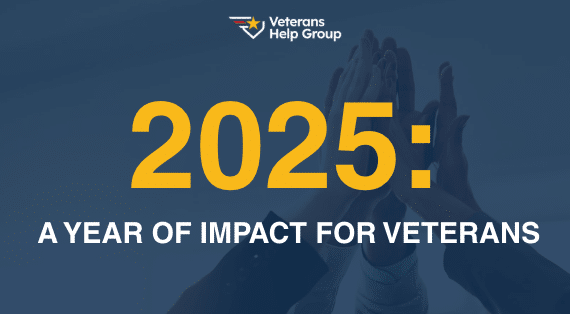Table Of Contents
Studies show that people with post-traumatic stress disorder (PTSD) have a higher risk of developing sleep apnea. Additionally, there is a direct correlation regarding the severity of the two conditions; meaning, the more severe a veteran’s PTSD is, the more severe their sleep apnea will be. If you have both PTSD and sleep apnea, you may be entitled to disability benefits for your sleep apnea.
What is a Secondary Condition?
A secondary condition occurs when a service-connected condition, or treatment for that condition, causes or aggravates another condition. That other condition would be “secondarily” service-connected.
Why is sleep apnea often a secondary condition for PTSD?
Sleep apnea and PTSD are disorders that overlap. Factors that can aggravate PTSD can also aggravate sleep apnea. For example, sleep deprivation, fragmented sleep, chronic stress, and hyperarousal all effect both PTSD and sleep apnea. Thus as a veterans PTSD severity increases, both the likelihood that the veteran will develop sleep apnea and or the severity of his or her sleep apnea also increases. To receive disability benefits, you must prove that your sleep apnea is caused or aggravated by your service-connected PTSD.
How to show your sleep apnea is secondary to your PTSD?
- Make sure to have a sleep study conducted and get a diagnosis for sleep apnea.
- You must have a PTSD disability rating of at least 0%.
- Prove that your condition stems from your PTSD or from medication that you are prescribed for your PTSD. The most persuasive way you can show this is through an independent medical opinion (IMO). In an IMO, a doctor can explain to the VA why he or she believes that your sleep apnea was at least as likely as not a) caused or b) aggravated by your PTSD. IMO’s can provide the VA with the information they need to grant your sleep apnea secondary service-connection.
If the information above seems overwhelming and you would prefer to have legal help, Veterans Help Group has been helping veterans get the rating they deserve since 1995. Please contact us at 855-855-8992 or chat with us online for a free consultation.

Permanent and Total VA Disability Ratings for PTSD
Permanent and Total VA Disability Ratings for PTSD What is Post Traumatic Stress Disorder (PTSD)?...

2026 v 2025 VA Disability Rates and Payment Schedule
2026 v 2025 VA Disability Rates and Payment Schedule As of December 1, 2025, new VA disability...

2026 VA COLA Increase: What Veterans Need to Know
2026 VA COLA Increase: What Veterans Need to Know Disabled veterans will receive a 2.8% increase...





